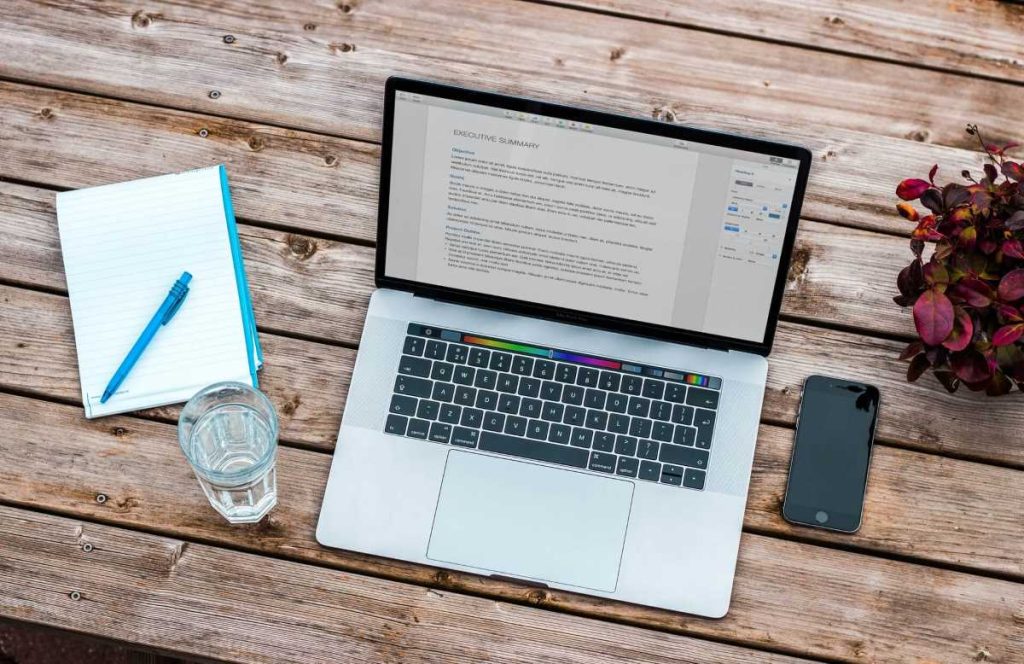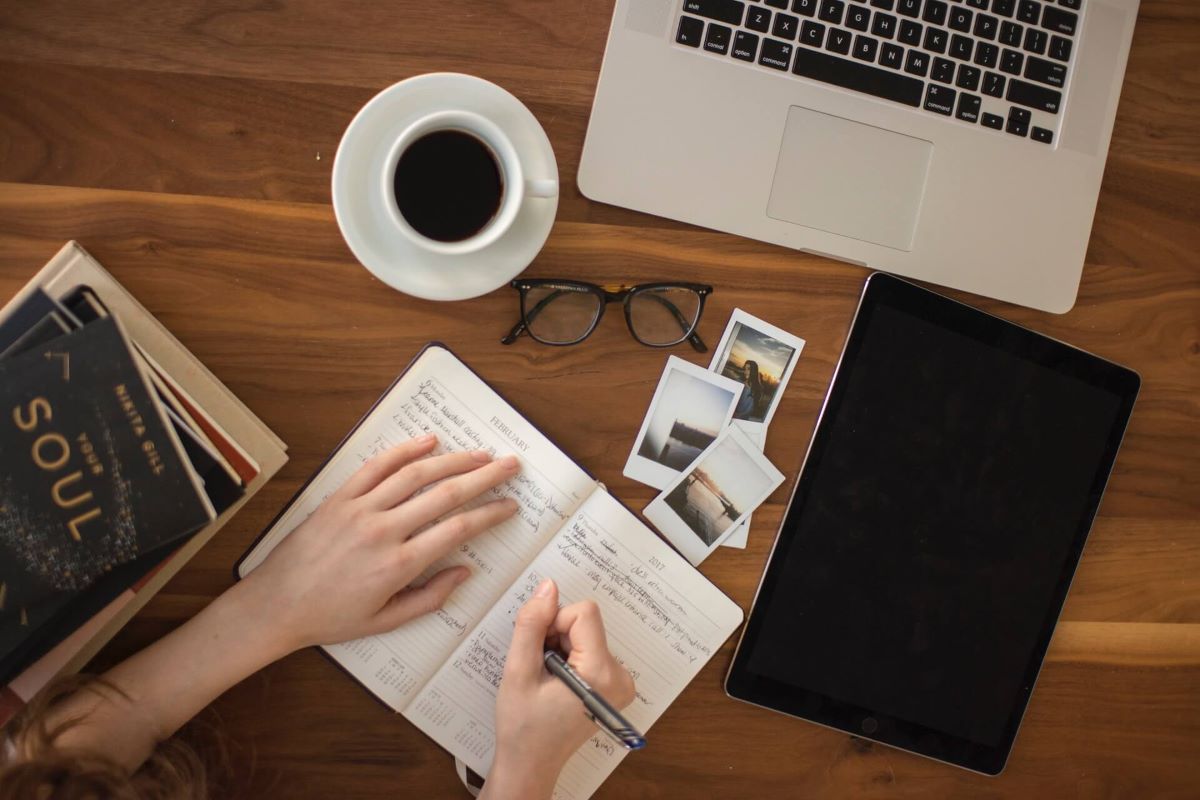There is no such thing as success or productivity “hacks”. When people start to think that there is a shorter, easier way to improve their productivity, that is where productivity starts to fail. Productivity is a matter of changing your habits and upgrading your usual productive tools. As there is a sudden shift for most people in how, where, and when they are working, downgrading methods or retaining all of their habits pre-pandemic may not be a smart move. The effectiveness and efficiency of each method should be inseparable and when one is missing, productivity will surely fail.
Productivity Is a Matter of Transformation
Transforming your habits is the most challenging aspect, especially when these were built in your workplace and by the nature of the work that you have. However, when it is clear that your productivity declines and this affects other aspects of your life, transforming your habits will help you save yourself from further worries and mental torture.
“Productivity is important but it should not be the only measure of success”
People fail at being productive because they solely depend on their success and their worth on productivity. When this dependence is tolerated, too much pressure kicks in. Torturing yourselves mentally with the fact that you can only be successful and worthy because of how productive you are will cause your progress to collapse.
Crown Asia, the premium residential arm of Vista Land and Lifescapes, Inc. believes that there are better ways to be productive at the comfort of your homes. Whether you want to be productive on your job, household chores, or schooling, these are some of the proven effective tips to be productive.

Tips on How to Be More Productive:
Multitasking Is a Myth
If you want to save time and be efficient with your work, stop multi-tasking. It is not true that people can multi-task. Within an hour one can cook, clean the rooms, and wash the laundry, but it is because of halting in doing one task while leaving the other. Shifting your focus from one task to another is not feasible, especially for works that require more mental focus.
Multi-tasking has created a culture of false efficiency. You may end up finishing a task half-heartedly or not finishing anything at all. If you think you are saving more time, studies have shown that multitasking may cause unhealthy impacts on the human mind.
Grouping your tasks is the best way to replace multi-tasking. In a day or a week, group tasks from high-energy to low-energy requirements. Try to do the high-energy demanding tasks first so they are given enough attention. You may also group them according to tool requirements. Some tasks may require a camera, computer, make-up, or anything that will cause you to shift into a different persona. Shifting from one tool to another all at once may cost more time and energy.
Put up a Conducive Working Environment
Ideally, home is where people get to rest and free their minds from work-related things. However, since they should protect themselves from acquiring CoviD-19, a huge part of the workforce stayed at home to do their jobs.
To still stay productive, putting up a conducive working environment should be a top priority. Create a work area where you can be comfortable working. This means that you should only put work-related kinds of stuff in there to avoid distractions. Use a light that is not too dim or too bright for the eyes.
Set an Attainable Goal for Each Day
Setting a goal or two for each day helps you to retain your focus on the tasks. When doing this, think of an attainable goal, usually the work that should be done immediately, and divide it into smaller tasks. By doing this, you can create an efficient outline of your work and not get too overwhelmed with a single, larger goal.
Do the Usual Scheduling
Allocating time for each task helps people to focus and pour efforts into a single item. When creating your schedule, do not forget to include short and long breaks and take them seriously. One of the effective ways to allocate time for work is by doing the Pomodoro Technique where you can set 25 minutes for work and get 5 minutes of short breaks in between. You can also set a longer break (30-45 mins.) in a while.
Take your breaks seriously. Avoid doing side tasks that consume your time to rest and put you into making even small decisions. The goal of these breaks is to free your mind from too much information and to fuel yourself by getting something to eat or drink.
Maximize Your Resources
There are useful digital tools on the internet that may help improve your productivity. Clockify time tracker is an app that helps you track your time and rate your productivity in terms of the time that you spent working. Meanwhile, Google Drive helps you to collaborate with people by creating documents and other files that you can edit or view with a team. Trello is also an online collaboration tool, but it also gives you the freedom to create a to-do list for yourself.
Switch off After Work
Although it is hard to get your mind off for work-related matters, it is important to do this. People should avoid making their 24 hours entirely about work so they can prepare for what’s coming tomorrow. People fail at being productive because they bring their work to bed and get up in the morning feeling tired.
Learning to say “no” to other tasks will also help you to have time to switch off. If these tasks will cost you to sacrifice long breaks and divide your attention, then they may cost you more than they’ll help.
People fail at being productive because they do not consider transformation. Changing habits may be bothersome and hard at first, but try to pull yourself together and get some fresh air. Before, one may think that a home is where a person rests. Now, it is only right to say that a home is where you can strive to be productive and rest peacefully afterward.
Related Blog: 6 Scents That You Can Use to Set Your Mood and Productivity


